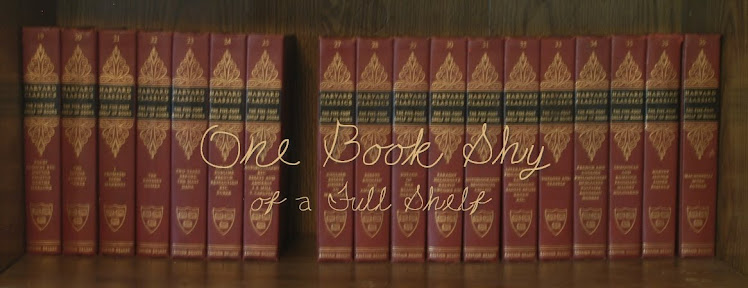Anthony Anglorus
After a lifetime of balancing books, Anthony turned his hand to writing them in 2009. His first book, The Other Robin Hood, is available as an ebook. An Englishman still living in England, he married a Russian doctor in 1999 and will be moving to rural France after reaching retirement age - but the writing will continue. He is already working on the sequel to The Prince of Prigs, tentatively titled Dark Days, Dark Deeds.
In
the process of writing, I had assembled quite a library of research
books on highwaymen, so I decided to stick with what I knew. After
all, there’s little merit in a book when the author knows little to
nothing about his subject - you have to know more than the majority
of people.
I
started searching for another highwayman. A few stood out, but one
had been written about by Daniel Defoe, another by Charles Dickens so
the list shrank - I think I write well but I have no intention of
allowing any comparisons with such literary giants.
I
would imagine your name will be on the list alongside Defoe and
Dickens now. It is obvious you know your subject.
A
mixture of things. For one thing, one of the characters on my
shortlist operated around that time - the English Civil Wars, mid
17th Century. For another, one of the frustrations when writing the
first book was the lack of significant history happening behind the
character. Here I had three civil wars, the execution of a king, the
perversion of democracy, any or all of which provide a very rich
framework for any book. Although some of it occurs within
parliamentary debate, probably the most boring assembly of words ever
concocted by man.
Parliamentary
debate has never been more entertaining..
I
wanted to make my story as close to the truth as possible. Most of
the events in the book - indeed, in both books - actually happened,
although not necessarily on the exact dates I have placed them. But
with Captain James Hind, whilst there is a rich supply of tales about
his activities as a highwayman, there is virtually nothing relating
to his time as a military officer. I’ve never been a soldier so I
have no idea what it is like and I did not feel at all comfortable
making up any form of military action. This meant that there were
chunks of time I couldn’t write about.
Other
than that, it tended to be small things; what were the staple foods,
how would Oliver Cromwell’s young daughter have addressed her
father, this sort of thing - I’d often end up buying several books
to get the answer to a single small point.
For
me personally, these “small things” are really what drew me
deeper in to the story.
History
is the past. The past is there, it cannot be altered. For me, it is
the framework around which I fit my characters and in fact, when
plotting out my storyline the actual historical events affecting any
of my characters (all of my characters are/were real people) are the
first thing I put into place. I especially take careful note of where
any significant character actually is throughout the period of the
book. I can’t have Oliver Cromwell involved in something in London
if he was actually in Ireland!
The
current book, “The Prince of Prigs”, is almost totally true and I
do tell you at the end what is fictional. But the sequel is coming
more from my own imagination, and therefore remains a little fluid.
However the framework sits there in plain view so that no-one can
ever say to me “That can’t be true, he was doing this up there so
he couldn’t be there.”
This
allows me the escape that I can say “we know he was there, but we
don’t know every detail of his movements. I can’t prove that this
happened, but you can’t prove that it didn’t either!”
I'm
sure that will help clarify it for some of our readers/budding
writers out there.
And finally, when do you think we might see the next installment in
this tale?
It’s
barely started, but I’m working on clearing the decks to give me a
clear run. I want to see it available within eighteen months of the
first, although I don’t know if that will be possible.
Thank
you so much for stopping in to visit with us and I hope you'll come
back to share with us news of these further adventures.

~~~~~ Disclaimer: All opinions expressed on this blog are 100% my own. I do not receive monetary compensation for my reviews but do utilize affiliate links. I may receive books in order to facilitate a review, but this does not guarantee a good review - only a completely honest one. Each review post denotes how I obtained the book.






0 comments:
Post a Comment
Thank you so much for taking the time to chat with us. Feel free to tell us what you think. (Please note that we have comment moderation turned on so we'll never miss a message from one of our readers.)